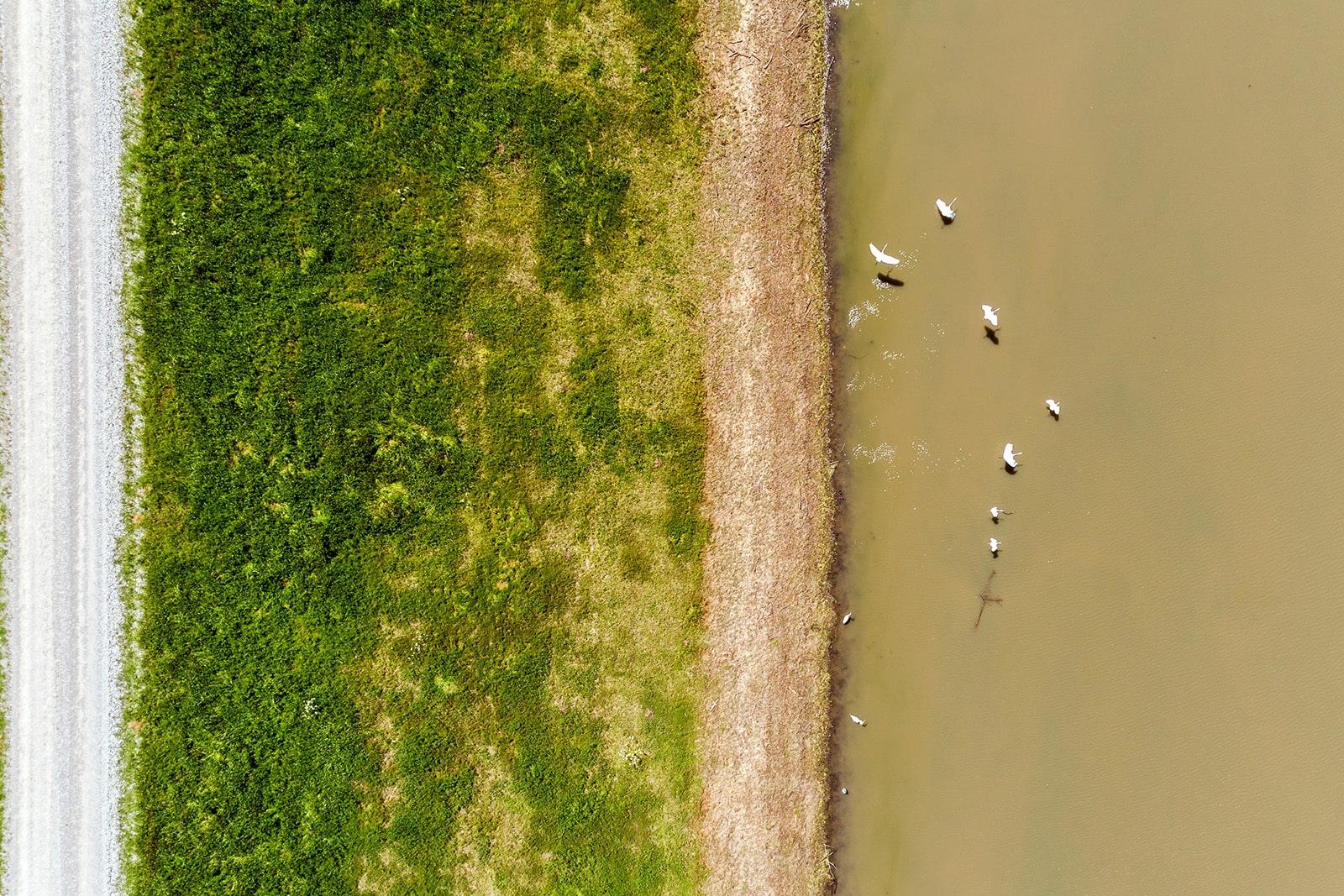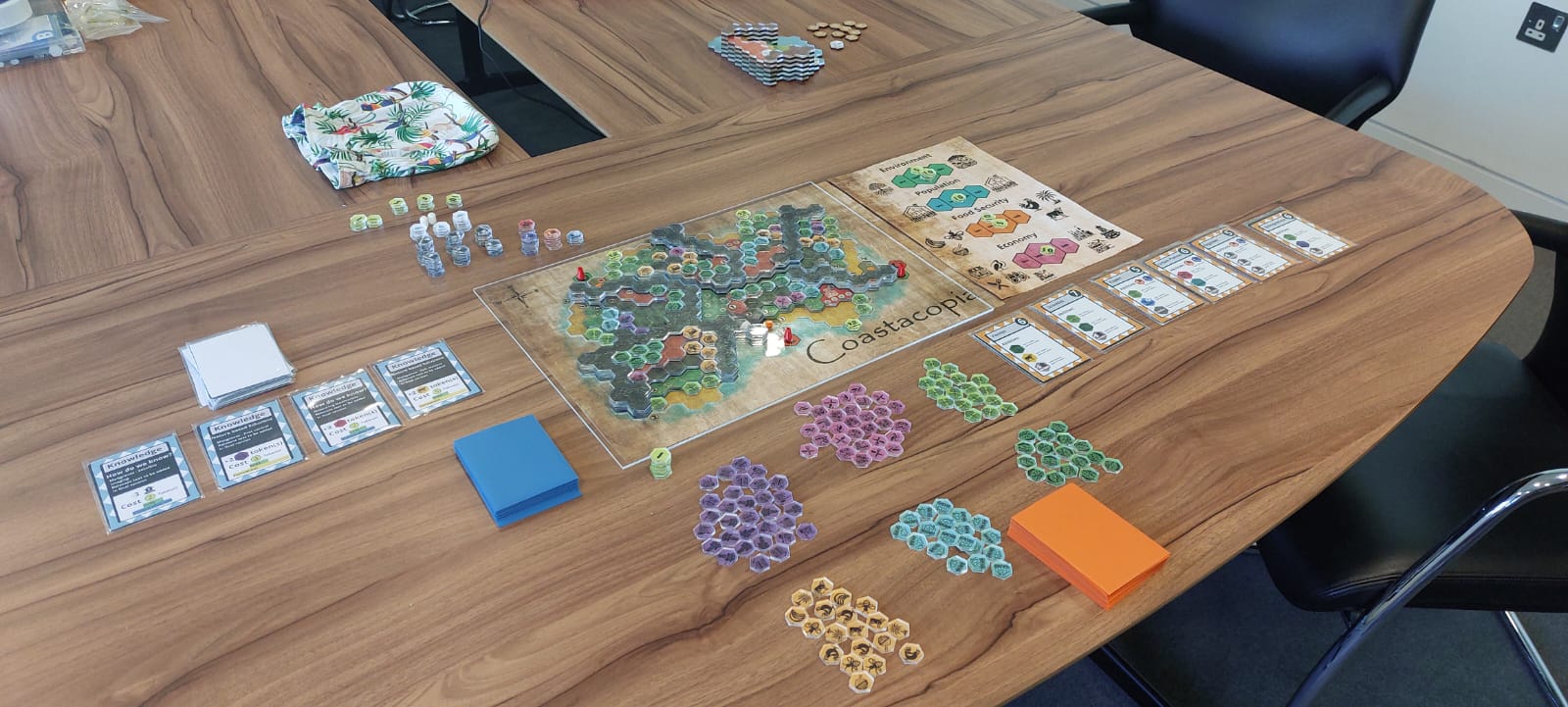This project aims to develop capacity, knowledge and consensus for decision making and action amongst multiple stakeholders for mitigating coastal erosion and flood risk using mangroves in Suriname and Guyana.
18 March 2024

Mangroves provide many ecosystem services to coastal communities, including contributing to the economy, protecting water quality by removing nutrients and pollutants and providing nursery habitat and refuge for commercial aquatic species and other biodiversity. They are also amongst the most carbon-rich ecosystems in the tropics, storing up to five times as much organic carbon as tropical forests and have therefore received a great deal of interest particularly for their ability to offset greenhouse gas emissions through blue carbon storage. Importantly, they also protect growing coastal populations against erosion and flooding by attenuating waves through their root system, capturing sediments and building soils. However, mangroves have been declining globally due to human activities and climate change. This study will focus on the Caribbean where the where mangroves have declined by ~24% over the last 25 years.
Guyana and Suriname are amongst the most vulnerable countries in the world to the impact of coastal flooding and erosion with coastlines mostly below mean sea level and over 85% of the populations living along the narrow coastal plain. Coastal areas have already suffered severe land losses due to mangrove removal and erosion. There are local debates on coastal protection strategies as public belief is that mangrove restoration would do too little, too late to protect populations against erosion and flood risks. Nevertheless, mangroves have been shown to grow quickly and function as sea-defence within a few years of planting.
GST lab support this project with game development for starting the process of consensus building. we have created a board game of land management of an island, where the players have different skills and they work together to grow the country’s wealth and wellbeing, and protect it from weather events and destructive human activities.

The players have a limited number of actions, which they can use to create nature-based or hard engineered solution, grow industry, cities, agriculture, or tourism. At the end of each round, they test the resilience of the island to different disruptive events.
You can read more about full project here: www.enhancesproject.org.
The project is led by Isabella Bovolo from the University of Durham, in collaboration with Agnessa Spanellis and Sandy Louchart, Heriot-Watt University, and the University of Suriname. The project is funded by UK DEFRA through GCBC.